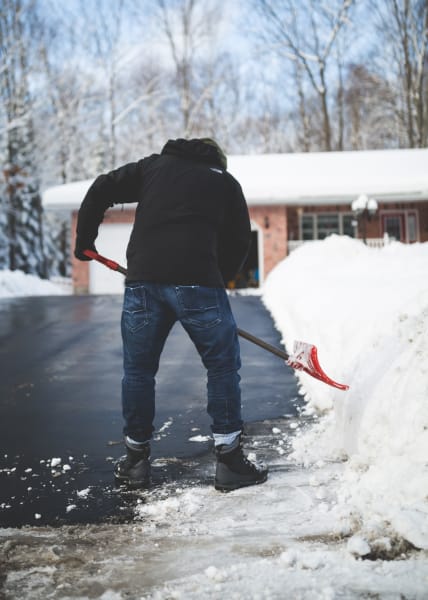Winter is coming! With temperatures dropping, and only more rain to come for the months ahead in the PNW- it’s time to winterize your home and protect your property for the new season. Whether you’re an experienced home owner, or this is your first winter in your new home, use this checklist to prepare your home for winter.
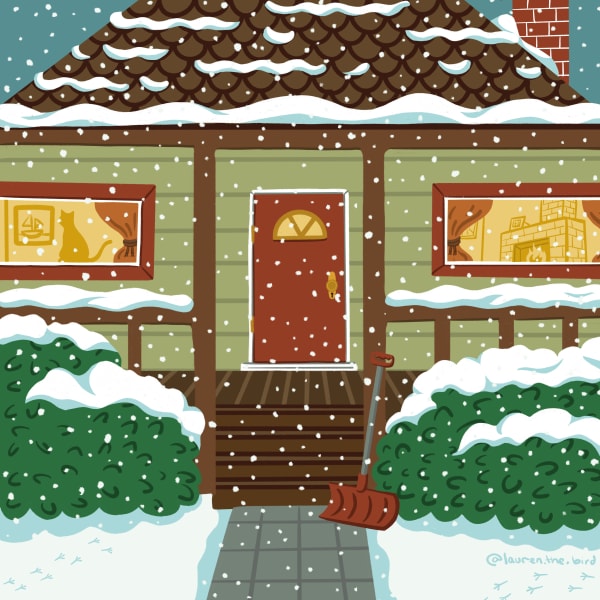
Gutters
Check your gutters, and clear them of all debris in preparation for the rainy weather. This will also insure that in freezing temperatures, you won’t get any ice dams. Wait until a rainy day to check that they are all functioning properly, and draining away from your property.
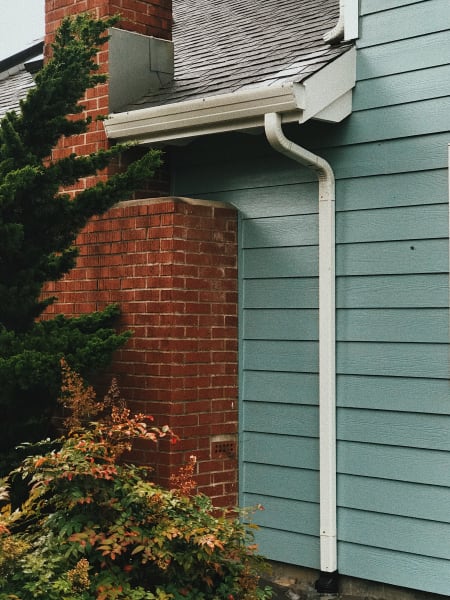
Pipes
Empty and remove any hoses attached to your house, and cover all faucets that are on the exterior of the house. For outdoor pipes, consider insulating any that are exposed to temperatures below 32 degrees. On very cold days, consider running a slow steady stream of water to guard against bursting pipes.
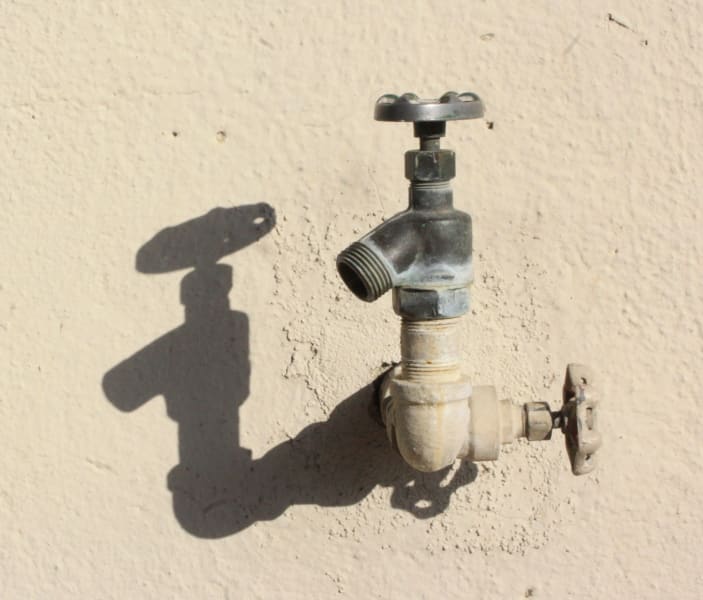
Seal Your Exterior
Take a good look around the exterior of your home- make sure if you have a crawl space that there is prevention in place for rodents. A good rule of thumb is to remember that mice can squeeze through an opening the size of a dime!
If you’re concerned about the amount of cold air entering your home, you can seal or caulk the areas around your doors, windows, and mail chutes or install weather stripping. The majority of cold air will typically come from the attic, so it’s crucial to make sure that it is properly insulated.
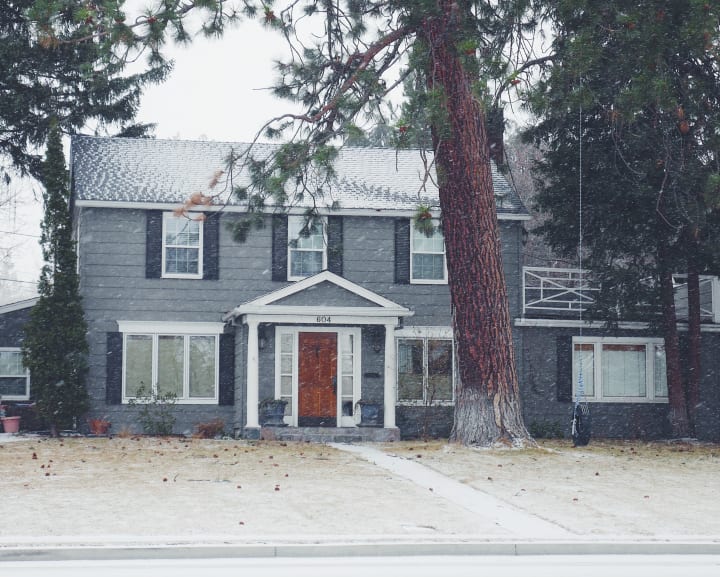
Check Your Furnace & Chimney
Replace the filter on your furnace for the season- you should be changing your filter every three months. If you haven’t already, schedule a maintenance service for your chimney and furnace as well, which should be done once a year. If you’re looking to save on energy costs or be more effective- consider installing a smart thermostat to keep your home warm when you need it.
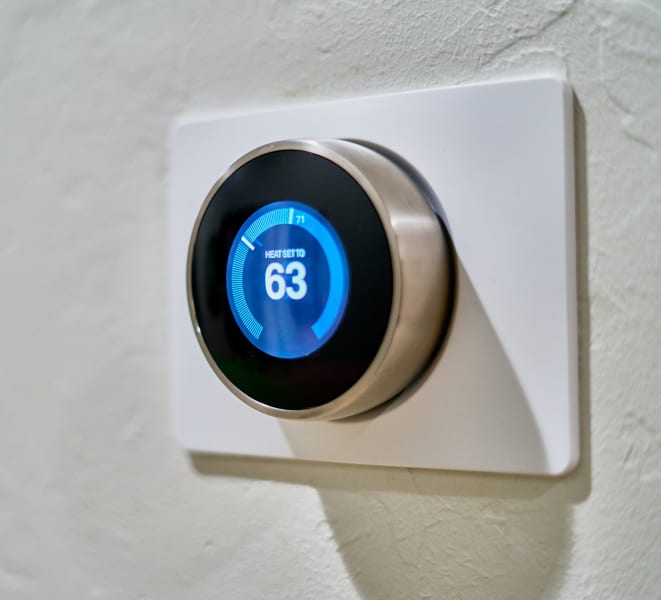
Stock Up on Supplies
Don’t be left scrambling for supplies before a winter storm- go ahead and grab necessary things now like ice melt, a snow shovel, ice scraper, flashlight and extra batteries, and a decent amount of water and non-perishable food supply for you and your pets. If you rely on a vehicle, stock your car with its own small emergency kit as well.
